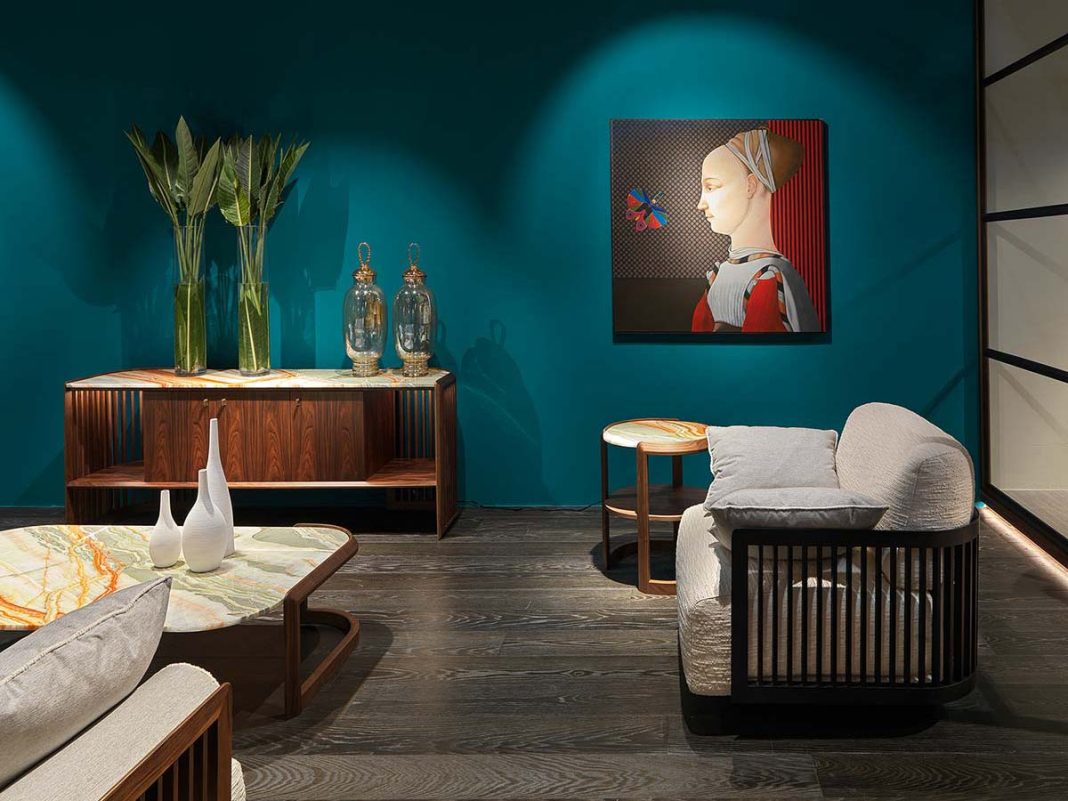For a signature like Annibale Colombo, the relationship with the value of making things by hand and the love for wood are much more than a characteristic choice – it is part of the company’s DNA. The firm’s roots date back to the early 1800s: it was in the year 1812 that Filippo Colombo opened his workshop, making refined furnishings for the aristocracy of the day.
“It was an artisanal situation, and at the time Brianza was a purely rural zone. Nevertheless, it was close to Monza, with its royal residence, and to Milan, which contained many important estates. There was a need for on-site capable craftsmen and workshops to carry out maintenance and replace worn parts if necessary. And to repair chairs for example, which are the furniture items that endure the hardest wear,” says Luciano Colombo, managing director of the company.
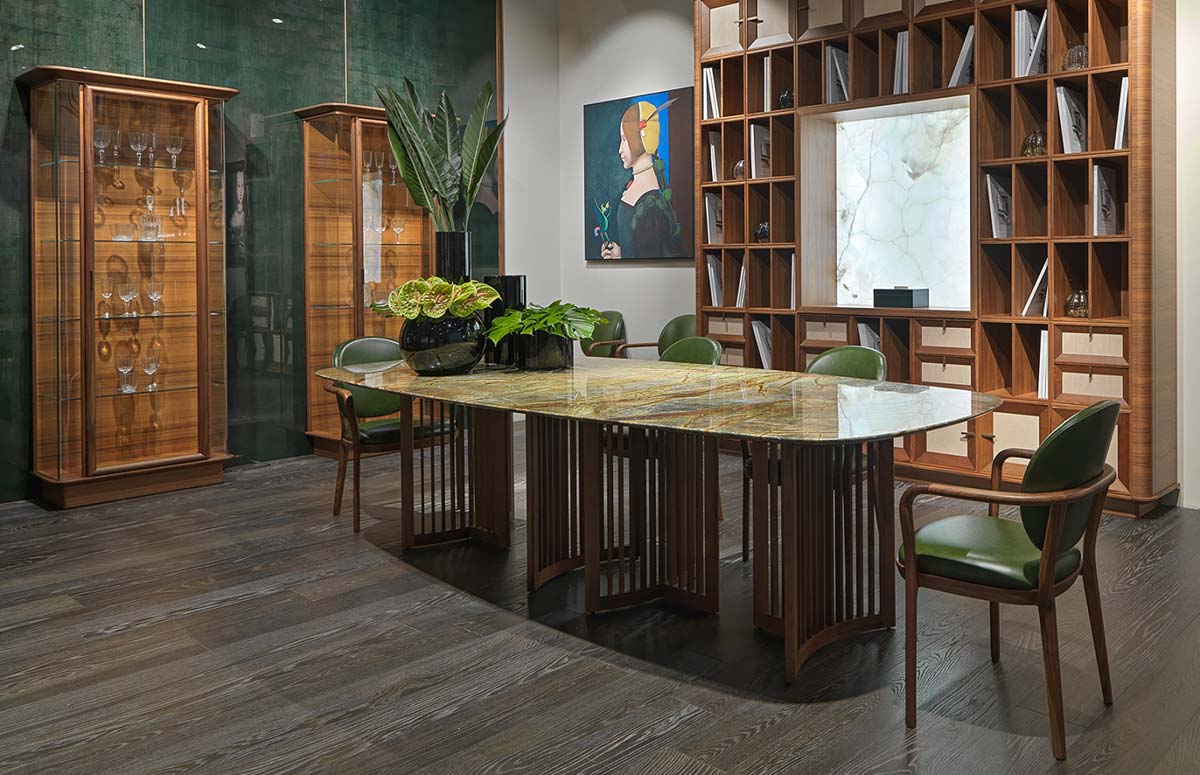
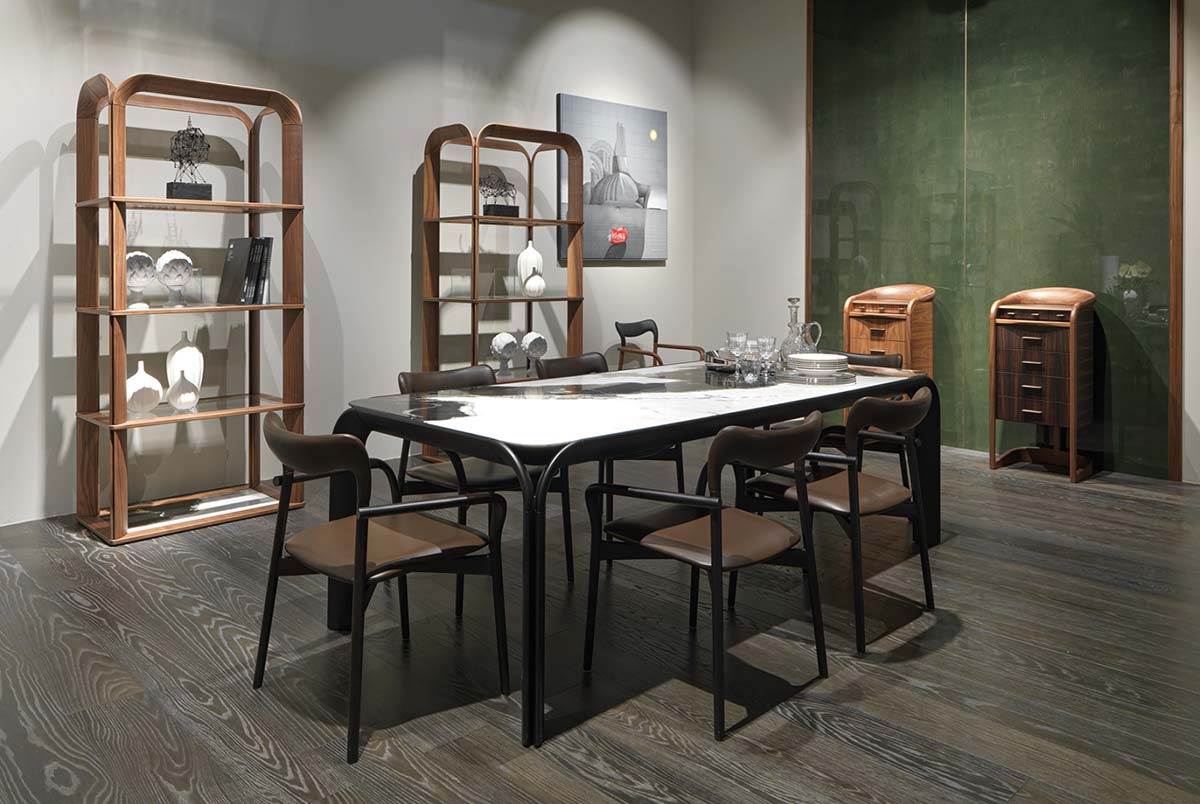
This was the start of a history linked to classic décor. Around the Nineties, an unprecedented idea arose: to apply a modular concept to period furnishings. It was a step into the modern world: the idea initially met with perplexity, but soon became a success that continues to evolve today. With simplified, cleaner forms, in line with the evolution of tastes; developed in-house or refined with external designers (Carlo Bimbi, Giuseppe Manzoni, Giovanna Azzarello, Stefano Boeri – the list is long). But the value of things made by hand remains a very important factor.
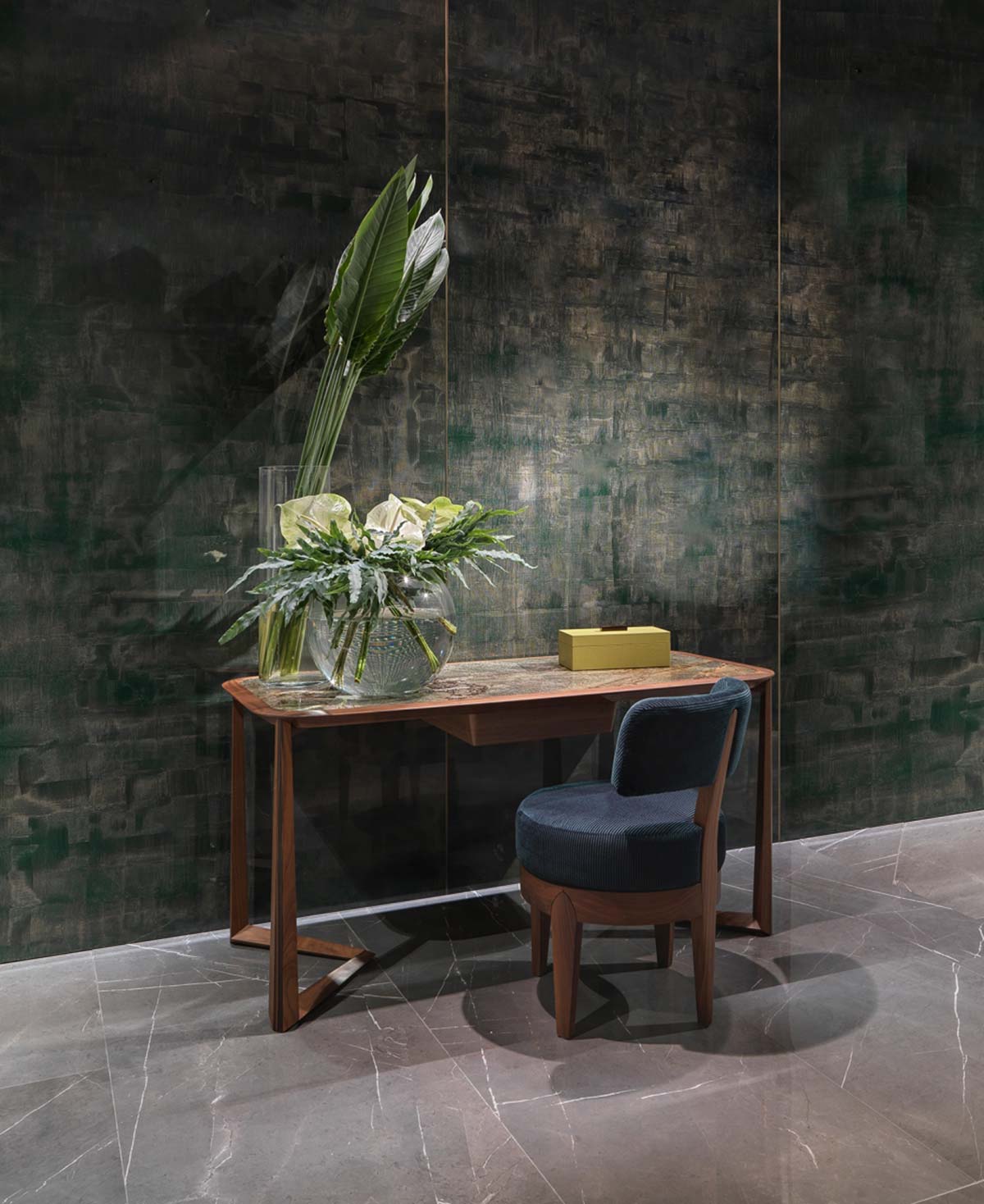

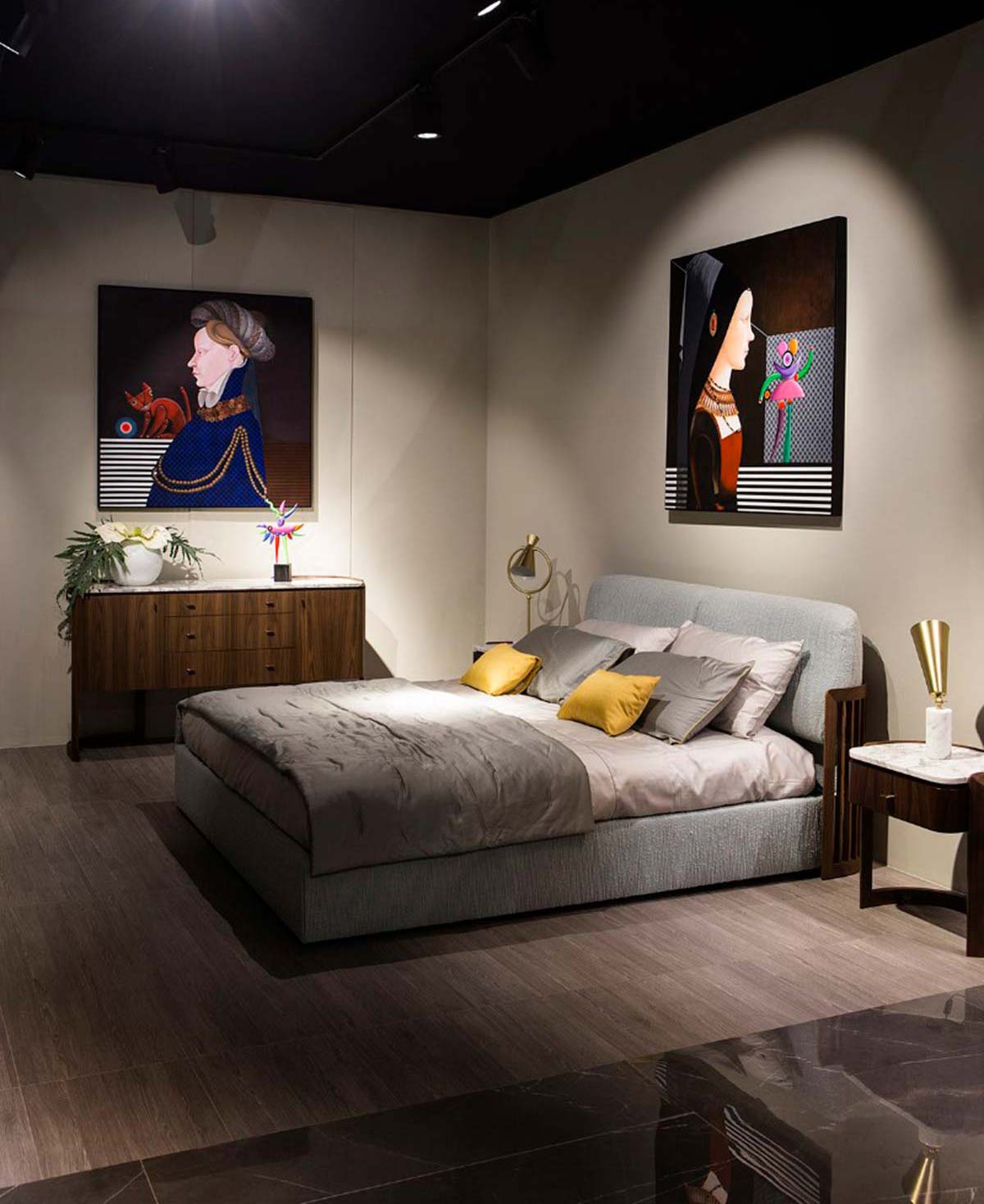
“We have numerically controlled machine tools and a full process of industrialization,” Colombo continues, “but the contribution of handiwork still accounts for about 60% of the operation.” The reasons can be found in several substantial choices: for example, that of not using chipboard, but only solid wood or – in the case of paneling – plywood. “A machine cannot feel the grain of the wood: this is why, especially in the phase of finishing of the details – sanding, polishing – human intervention is indispensable.”
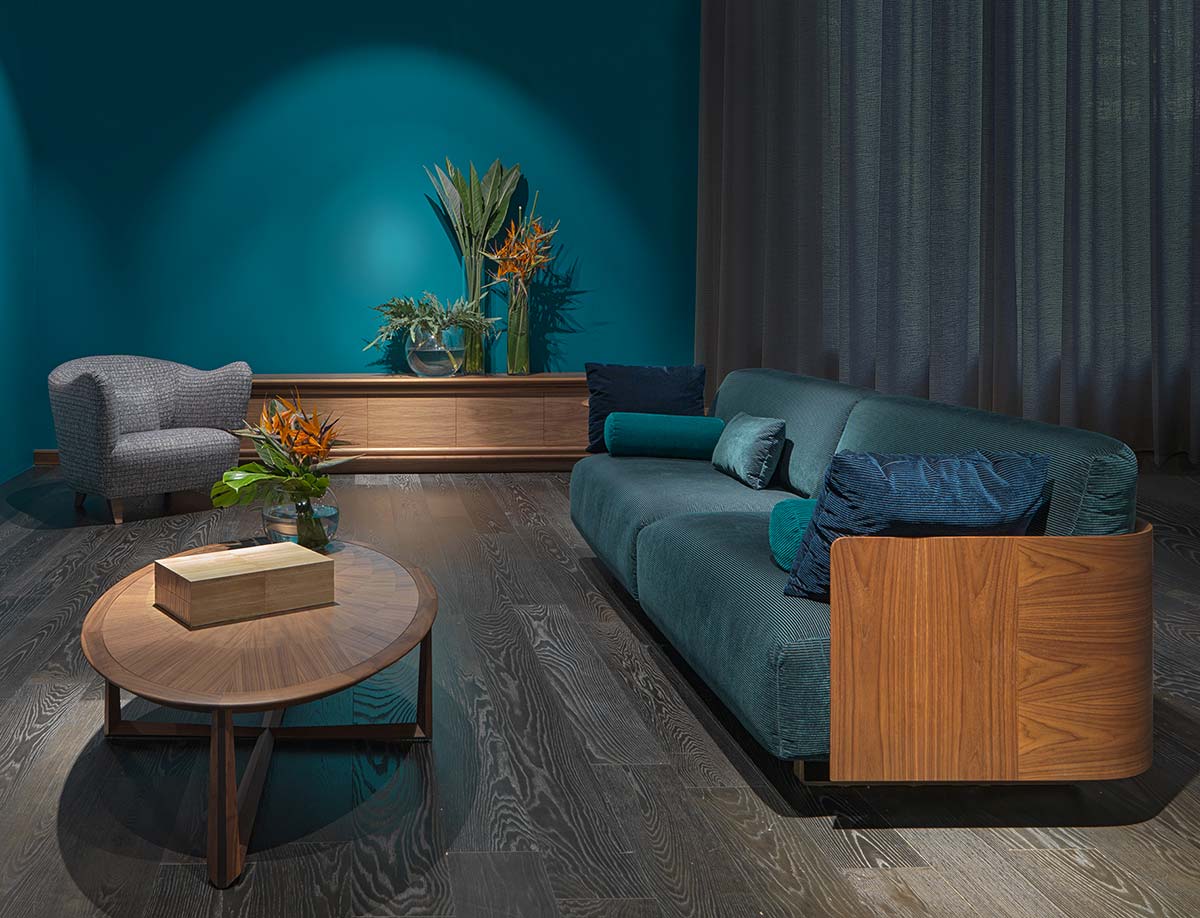

Another factor of added value offered by a production system of this type to clients is the possibility of having a product truly made to measure, to meet any needs. “It is rather like the difference between buying a ready-to-wear dress and having a garment made by a tailor, with the option of deciding on many particulars, from the fabric to the shape of the pocket or the buttonholes” Colombo concludes. “The true luxury is not so much the appearance, as the total matching of an object to the desires and wishes of our customers.”

